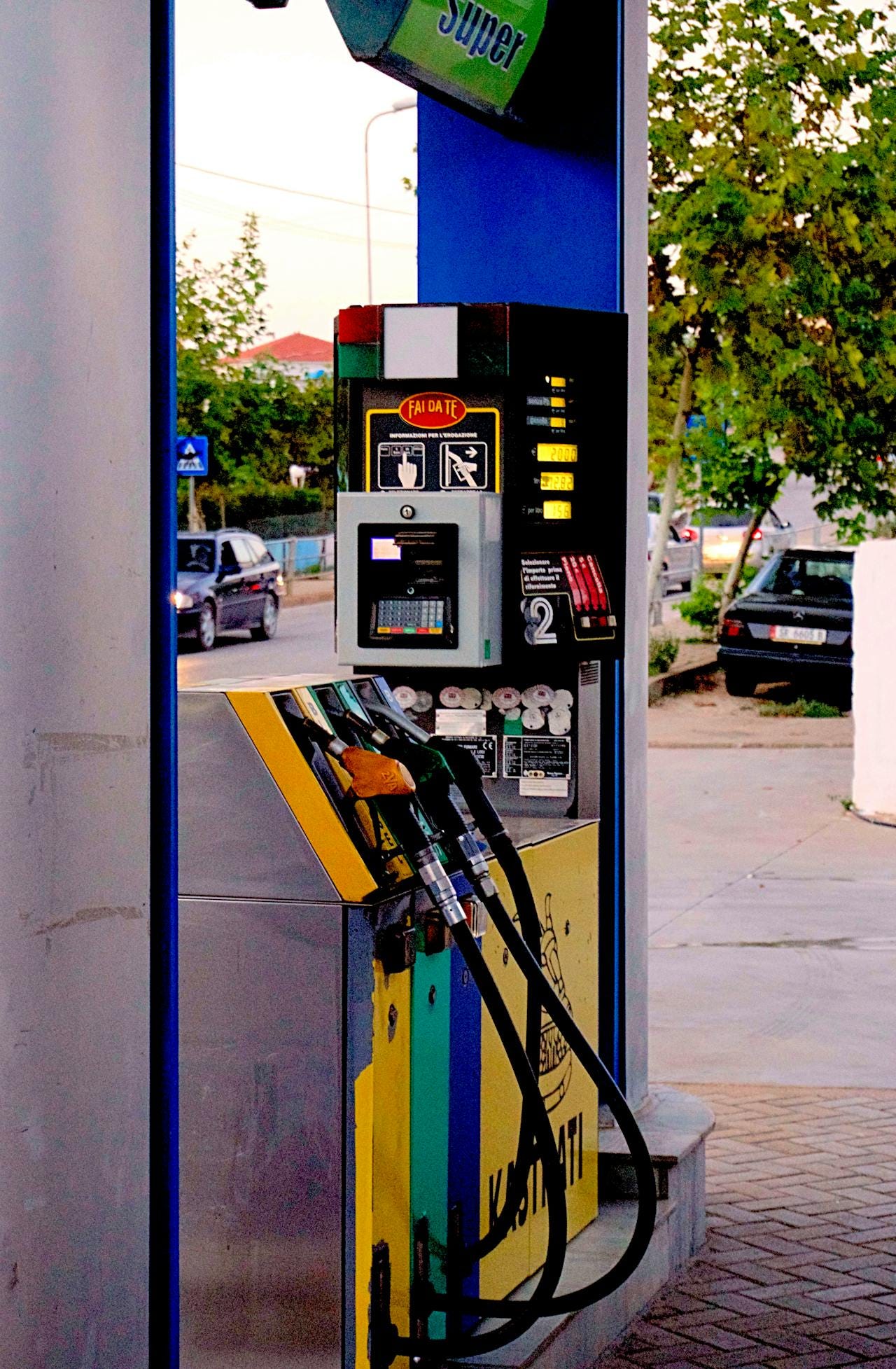THE ECONOMICS OF GAS IN ONE LESSON
Spoiler: There are two lessons
Henry Hazlitt might be among the most underrated economists of the 20th century. This is likely because he wasn’t an economist at all; instead, he was a journalist who wrote about economic affairs. Austrian School devotees celebrate his work, particularly “Economics in One Lesson,” which Ayn Rand even praised.
If you’re a Marxist and you’ve continued reading after I mentioned “Austrian School,” that’s impressive. If you’re still reading after “Ayn Rand,” you’re one of a kind! To be fair, those of the Chicago and Austrian schools can often shut down just as quickly once they see the name Marx.
All jokes aside, the subtitle to Hazlitt’s book is “The Shortest and Surest Way to Understand Basic Economics.” I will say that no matter which economic thinker you follow, Hazlitt has reason to assert as much about his book. The principles he describes are natural properties of relationships between things. To deny them would be to deny cause and effect.
The Lesson(s)
I always joke that there are, in fact, two lessons in “Economics in One Lesson.” Hazlitt explains that advocates of an economic policy might be quick to praise the intended change it brought about while failing to acknowledge the potential damage done. He then takes this one step further—the second lesson—explaining that the next mistake is recognizing immediate results without considering long-term effects before or even after a policy has taken effect.
He has a point. Although we all fall victim to cum hoc and post hoc ergo propter hoc fallacies at times, it doesn’t take an Austrian economist to understand that changes in one area will bring about changes in another. Now, I am the first to say that economics is rarely zero-sum. It’s far more fluid in its ability to give gains to two persons in an exchange at the same time. Even if we think transactions—in the case of discretionary spending—as “losing” money to buy a product, if we are being honest, it’s instead that the retailer had an item that we considered more valuable than our money. By contrast, the retailer valued our money more than the item.
Nonetheless, some things are more zero-sum. Take gas prices, for example. This directly impacts the amount of driving that many, especially people with low incomes, can do. You might not think much of the consequences of that. Still, for those who have to keep driving the same distance, say, truck drivers, that cost shifts onto the consumer, and this will not so much affect discretionary items as much as essential goods and services like groceries.
I have a bleeding heart for the poor and working class, and, as always, they’re the ones who are most affected by rapidly rising gas prices, but I gather that few in our political class and in the media care to understand the true effect.


